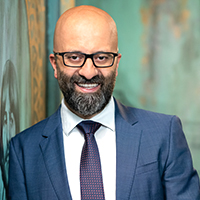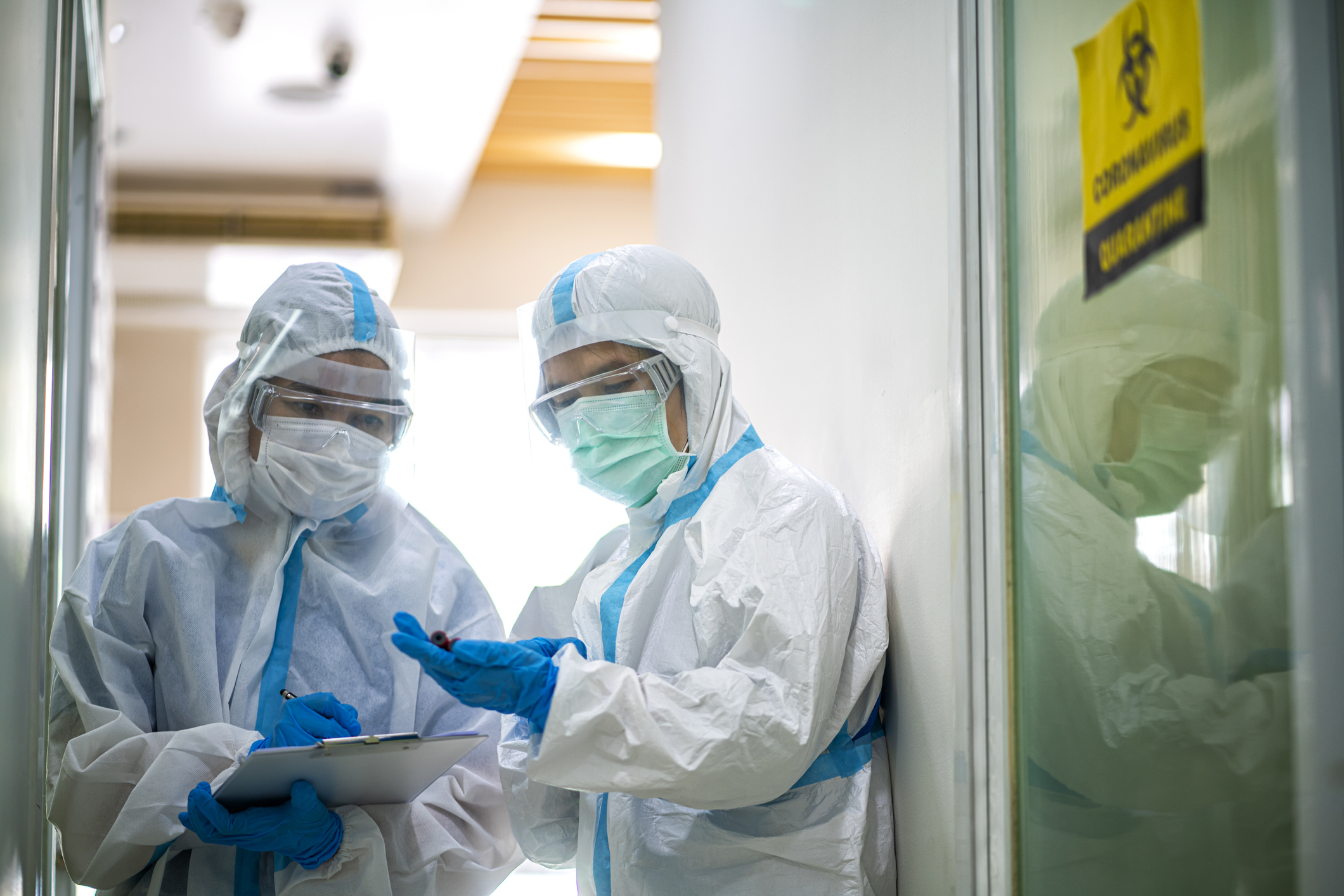The innovations that could change medicine are emerging in waves, and it’s reason enough for medical practitioners worldwide to celebrate. The way we provide patient care is changing — recent medical innovations mean that a cure for cancer, a concussion or other common ailments could be just around the corner. Here’s the latest mix of new medical technologies to inspire your day.
5 TED Talks To Inspire Your Morning
This tiny particle could roam your body to find tumors
Australia has the 3rd highest rate of cancer worldwide, with on average 323 people per 100,000 diagnosed each year. It’s a shocking statistic accompanied by the reality that many cancerous tumors “can't be detected until 10 years after they've started growing, when they are 50 million cancer cells strong”.
Cancer researcher, MIT professor and biotech entrepreneur Sangeeta Bhatia is trying to change all of that. Through pioneering a revolutionary miniaturised technology, her team aims to provide more reliable and more affordable early cancer detection. Check out how she combines her experience both as an engineer and a practitioner to implement nanoparticle technology.
The brain may be able to repair itself — with help
Functional neurosurgeon Jocelyne Bloch is on a mission to help those who’ve suffered strokes, car accident trauma and other related brain injuries. Unlike many other parts of the body, the “brain has very little ability for self-repair — but this could change.
The discovery and experimentation with Doublecortin-positive cells by Bloch’s team could pave a new path to recovery for many people worldwide. Check out how Bloch’s team is trying to equip the brain with the right tools to “heal itself”.
How we’ll fight the next deadly virus
The Ebola outbreak in 2014 signalled the beginning of a tidal wave of cases worldwide. As of January 2016, there have been 11,315 reported cases of deaths from the virus — the deadliest outbreak of Ebola since 1976.
Computational geneticist Pardis Sabeti was part of many practitioners who leveraged new medical technologies to collaborate with doctors worldwide — evaluating specimens of infected patients from different places allowed doctors to see how the virus was mutating and make the most informed next steps.
Sabeti’s endless hard work spreads an inspiring message about the power of the international community: "Let us not let the world be defined by the destruction wrought by one virus, but illuminated by billions of hearts and minds working in unity." Check out how her investigation of the genomes of microbes is opening up new possibilities.
A new way to heal hearts without surgery
Many of the innovations that could change medicine are born from a need to address a key medical issue of today. Pediatric cardiologist Franz Freudenthal believes “the most complex problems in our time can be solved with simple techniques, if we are able to dream”.
Using techniques inspired by traditional Bolivian loom weaving, Freudenthal aims to help children with congenital heart defects. Unfortunately, one in every hundred children worldwide on average suffers from a heart condition of some kind. Check out how Freudenthal is pioneering a technique to operate on hearts without open surgery.
A temporary tattoo that brings hospital care to the home
Methods of patient care are continuing to transform with new medical technologies that promise to be more affordable, less invasive and more comfortable. Bioelectronics innovator Todd Coleman is currently developing a wearable form of patient health monitoring — all through a simple temporary tattoo that’s as thin as a human hair.
Instead of patients being constrained by expensive and cumbersome technology to monitor their condition, doctors can monitor their health safely from anywhere. Coleman’s technology is able to monitor a patient’s bodily movement, bodily temperature, electrical rhythms of the body and more. Check out how Coleman is pioneering a new future of patient care.
Over to you
The solutions of the future all begin in addressing the needs of your patients today. What innovative cures and technologies could be right around the corner?
No doubt, technology plays a huge part in revolutionising so many aspects of modern medical practice. However, the mindset driving each innovation is even more crucial. Many practices are now adopting an entrepreneurial mindset to better balance the business demands of a healthcare organisation along with the medical requirements of providing high quality patient experience.
To support healthcare professionals all over, we’ve created a useful guide for adopting the key skills, necessary for sustainable growth. Simply click below to download your complimentary guide!
Clinic to Cloud does not provide tax, legal or accounting advice. This material is for informational purposes only and is not a substitute for independent professional advice. You should consult your own tax, legal and accounting advisors before engaging in any transaction. See the Clinic to Cloud Disclaimer for further information.





